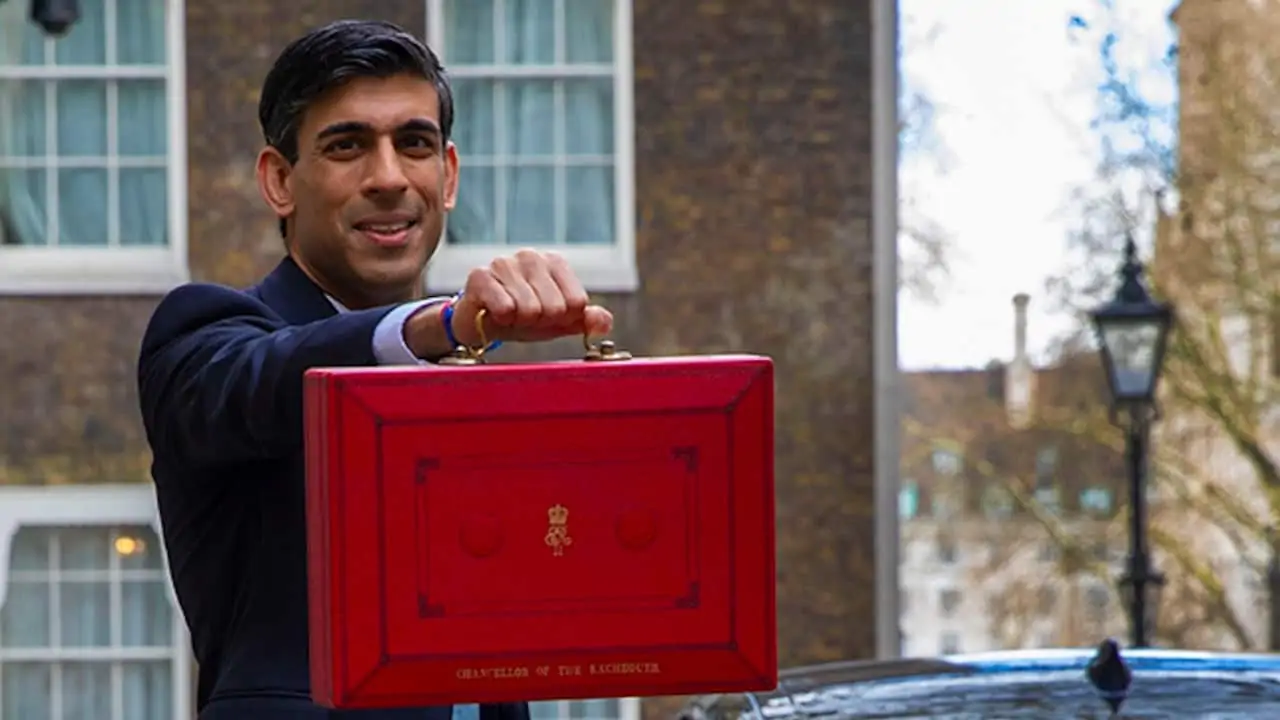A group of UK fishing industry bodies and businesses have written to the Treasury to point out the shortcomings of current tax legislation that result in disincentives to investment in building new, safer, more environmentally friendly fishing vessels.
In a letter to Chancellor Rishi Sunak, the Western and South-Western POs, the Scottish Whitefish Producers Association, shipbuilders C Toms & Son and Parkol Marine Engineering, and fishing companies Hooktone Group, Interfish and Waterdance state that legislation dating back a quarter of a century is negatively affecting investment – and are asking that the matter be given urgent attention before the forthcoming government budget.
‘Despite the fact that a fishing vessel is to a fishing company what an aircraft is to an airline, HMRC classifies planes far more favourably in terms of tax relief,’ the joint letter states.
‘In HMRC’s view, planes and fishing vessels both have a similar length lifetime for around 30 – 40 years. Should the government be giving favourable tax status to a high carbon producing industry over lower-carbon food production?’
The group state that if the government intends to support scaling up and modernising the fishing industry and encouraging work for UK shipyards and jobs in coastal areas, the tax treatment of fishing vessels, based on the number of days they spend at sea per year, should be reconsidered.
‘They should not class full-time fishing vessels as long-life assets similar to buildings, but instead should be eligible for capital allowances at the 18% plant and machinery rate. The impact of the long-life asset status is that fishing businesses in the UK are being perversely incentivised to buy and maintain older vessels instead of investing in new, more energy-efficient vessels. This is surprising and is probably an unintentional policy and one that we hope is reconsidered in the forthcoming budget on March 3rd.’
Reminding the Chancellor that the government has publicly committed itself to investment in modernising fishing fleets and the processing industry, they make the point that in past years European nations have invested more in their fishing industries than has been the case in the UK – with second-hand vessels from Europe traditionally ending up in the UK for sale.
‘In the absence of new build support it is very likely that our fishermen will continue to source less efficient second-hand vessels although fishermen would look more favourably upon investing in new builds if there was a tax regime in place that made such an investment more attractive with regards to the tax regime and capital allowances,’ they have told the Chancellor.
‘A 25-year-old law has negatively impacts on investment, but the government can do something about it. Fix the classification and give the fishing industry the fiscal stimulus and the boost that it needs.’





